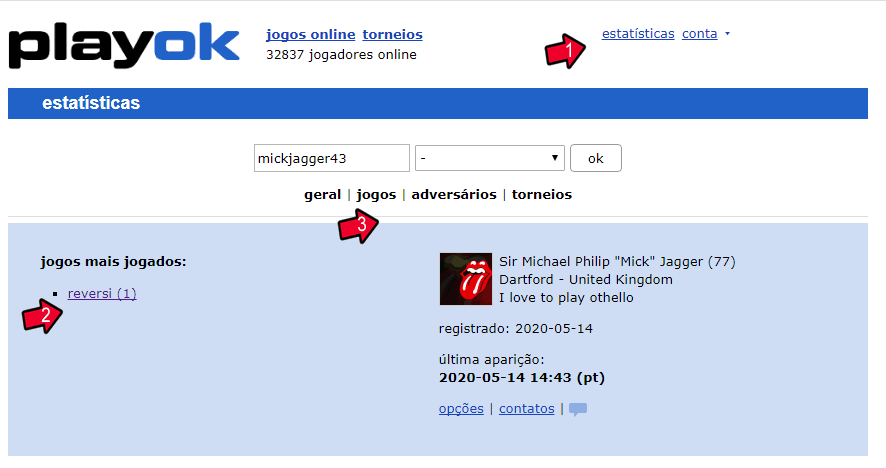Applied Sciences, Free Full-Text
Por um escritor misterioso
Descrição
Extreme droughts have a strong impact on agricultural production. In France, the 2003 drought generated records of yield losses at a national scale for grassland (more than 30%) and for cereals (more than 10% for soft winter wheat and winter barley). These extreme events raise the question of farm resilience in the future. Studying them makes it possible to adapt risk management policy to climate change. Therefore, the objective of this paper was to analyze the frequency and the intensity of extreme drought in 2050 and their impact on crop yield losses (grassland and cereals) in France. We used the DOWKI (Drought and Overwhelmed Water Key Indicator) meteorological index based on a cumulative water anomaly, which can explain droughts and their consequences on agricultural yield losses at a departmental scale. Then, using the ARPEGE-Climat Model developed by Meteo-France, DOWKI was projected in 2050 and grassland, soft winter wheat, and winter barley yield losses were simulated. The results compare the frequency and intensity of extreme droughts between the climate in 2000 and 2050. Our results show that the frequency of extreme droughts (at least as intense as in 2003) doubled in 2050. In addition, the yield losses due to 10-year droughts increased by 35% for grassland and by more than 70% for cereals.

Applied Sciences An Open Access Journal from MDPI
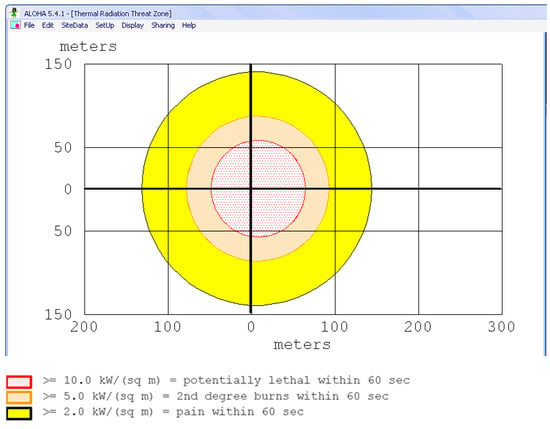
Applied Sciences An Open Access Journal from MDPI
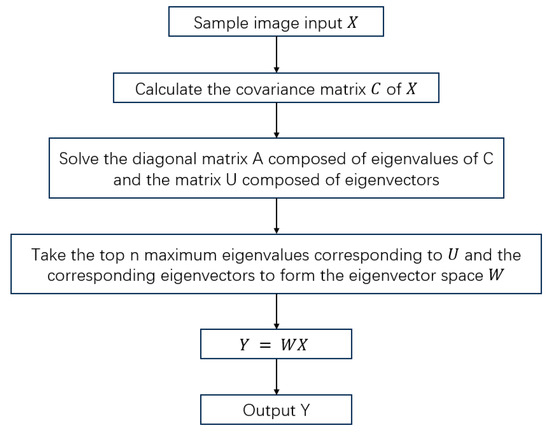
Applied Sciences, Free Full-Text

Science, health and medical journals, full

The University of Applied Sciences at Albstadt-Sigmaringen
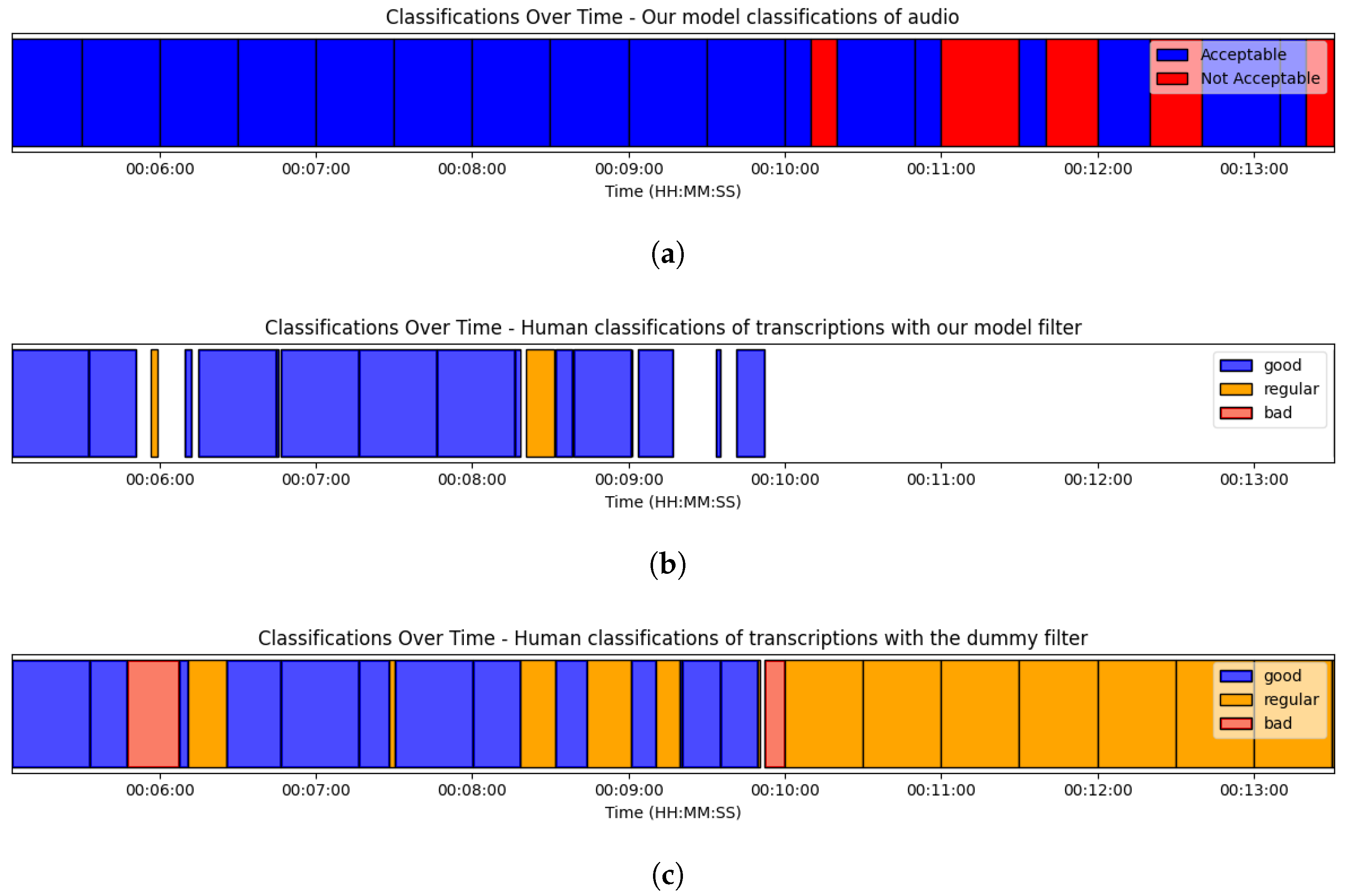
Applied Sciences, Free Full-Text
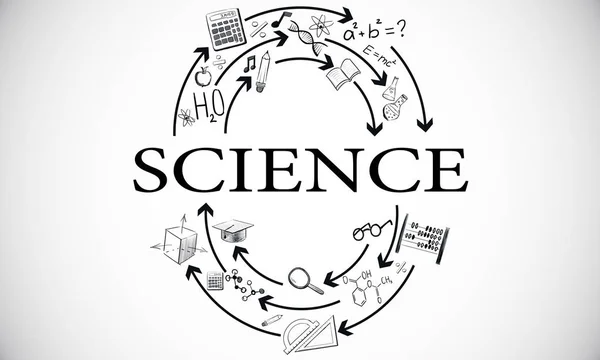
Applied sciences Stock Photos, Royalty Free Applied sciences

Applied Science & Technology Full Text

Opinion Paper: “So what if ChatGPT wrote it?” Multidisciplinary
de
por adulto (o preço varia de acordo com o tamanho do grupo)
